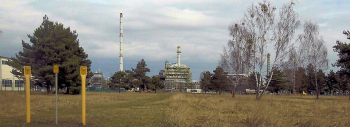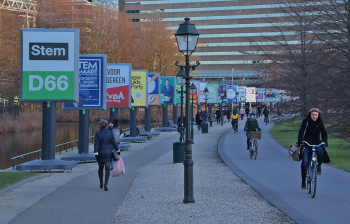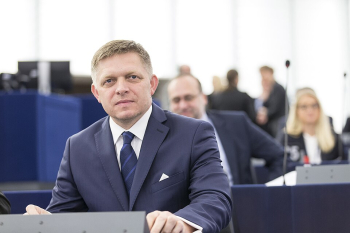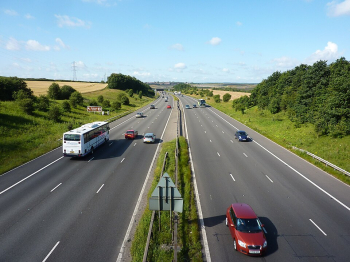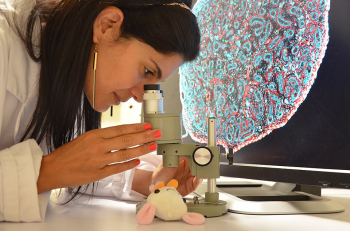
The next European Commission taking charge of the EU from November has made an ambitious, global-leading fight against climate change the centrepiece of
its mandate, putting a super vice president in charge of the issue.
The challenge has become all the more urgent as scientists say current UN projections of global warming are outdated and that average temperatures are rising faster than forecast.
Frans Timmermans, a Dutchman who missed out on being the Commission's top dog, is the appointed green czar of Brussels, charged with pivoting the bloc towards a future of clean energy and carbon-neutral activity.
He will also inherit the office for climate action, from which the outgoing post-holder, Spain's Miguel Arias Canete, negotiated the 2015 Paris climate accord in the name of the EU's 28 member states.
"He's one of the main politicians in the world with a lot of power in his hands," said Pascal Canfin, the head of the environment commission in the European Parliament.
"He understands very well that he has an exceptional political window. He has the means to succeed."
- A carbon border tax? -
But some, like Jeremy Wates, head of the European Environmental Bureau, a Brussels NGO, lamented what he said was the lack of "significant" ecological credentials of the candidates of the incoming Commission.
The Greens party in the European Parliament was even more acid in its criticism that not enough was being done.
"The word 'climate' doesn't appear in the portfolio titles," noted one Green MEP, Karima Delli.
Her colleagues Michele Rivasi and David Cormand said they expected the new executive would back free-trade accords they see as harmful to the planet.
The new Commission chief, Ursula von der Leyen, has pledged to make battling climate change one of the top priorities of her five-year mandate.
The former German defence minister has given her team 100 days to come up with a pact that eventually will make Europe the first continent to go carbon neutral.
To get there, she wants to see the European carbon emissions trading system extended to also cover shipping, reduce free allowances for the aviation sector, and adopt a carbon border tax that would slap higher tariffs on imported goods made through greenhouse-gas intensive processes.
EU heavyweights France and Germany back the more muscular approach to tackling climate change. Paris has long argued for the carbon tax idea, while Germany is expected this week to reveal a multi-billion-euro plan to fight global warming.
- Ambitious targets -
Von der Leyen's task will be to persuade four hold-out EU member states -- the Czech Republic, Estonia, Hungary and Poland -- to get behind the ambition to make Europe carbon neutral by 2050.
Those countries, all reliant on burning fossil fuels, argued earlier this year that the cost of transitioning to clean energy would be too burdensome.
In response, von der Leyen has proposed a transition fund to help spread the cost around. But that has raised the hackles of other member states already under pressure to cough up more to cover the budget shortfall from a likely Brexit.
The other challenge will be to set more ambitious targets to reduce EU greenhouse gases by 2030. Currently they are set at 40 percent of what they were in 1990, but von der Leyen wants to go further to meet the goals of the Paris climate accord -- as much as 50 percent reduction, or even 55 percent.
Brussels wanted to present those hiked ambitions at a UN climate summit next week, but is still fleshing out its revised plan.
Von der Leyen's ability to have her zealous pledges turned into reality will be under scrutiny in the months and years to come.
"That is probably the issue that will most define her mandate," Canfin said.afp


